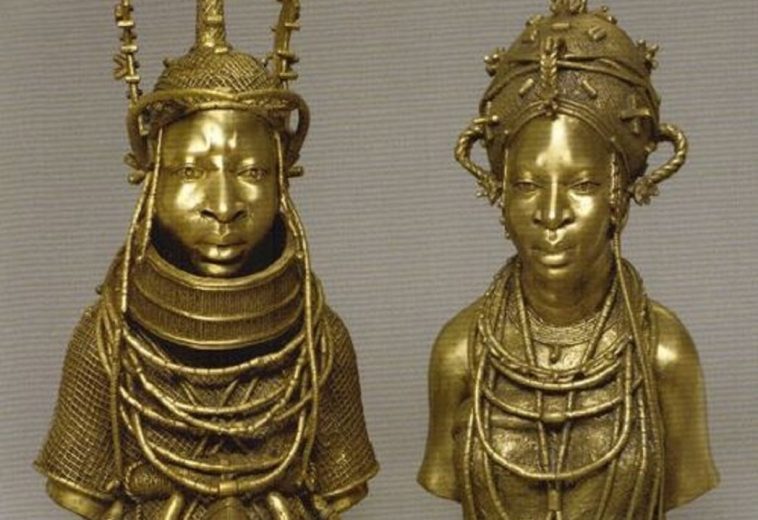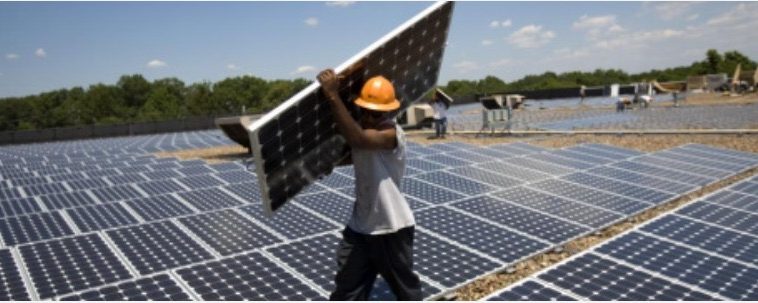“In 2023, the total global reserves of manganese were estimated at around 1.9 billion metric tons, a more than three-fold increase compared to 2010. South Africa has the largest manganese reserves worldwide by far,” according to Statista.com. With reserves estimated to hold around 80% of the world’s total, South Africa reigns supreme as the leading producer of manganese ore, supplying roughly 36% of global production, ranking among the top manganese-producing countries globally, alongside other major players like China, Australia, and Brazil. South African manganese is renowned for its high quality and purity, making it highly sought after by steelmakers worldwide.
The narrative of the manganese industry in South Africa is involvedly linked to the country’s experiences with colonization, apartheid, and post-apartheid reconstruction. After large quantities were found in the Northern Cape Province in the late 1800s, manganese mining in South Africa got underway. South Africa was first used as a source of premium manganese ore, and it quickly rose to prominence as a supplier to the world market.
The manganese sector encountered difficulties during the apartheid era as a result of labor disputes, racial segregation, and international sanctions. Production did, however, continue despite these obstacles, albeit with social and political unrest. Significant changes were made to South Africa’s manganese industry following the end of apartheid in the early 1990s, which opened the door for further investment, modernization, and international integration.
The importance of South Africa’s manganese industry extends beyond its borders. Manganese is a crucial element in the manufacturing of lithium-ion batteries, such as those used in electrical backup systems and electric vehicles. Recent years have seen a dramatic rise in demand for electric vehicles all over the world, and South Africa is in the perfect position to respond to that need.
United Manganese of Kalahari estimates that the demand for manganese in lithium-ion batteries will increase by an average of 10% per year over the next decade, and South Africa’s manganese ore production is expected to concomitantly reach about 50% of the world’s additional manganese ore output over this period.
Manganese-rich cathode materials are also being developed to boost the efficiency of electric vehicles. This, in turn, will increase the demand for the metal. In addition to its use in batteries, manganese is essential to producing several other green power technologies.
But this metal’s adaptability goes far beyond the power sector. It is used as an alloying element in the production of various steels (typically in conjunction with copper) and serves the food processing, chemical, agricultural, construction, medical, and aerospace sectors. The fact that it can also remove contaminants from soil and air and treat wastewater only serves to strengthen its standing as an environmentally benign mineral.
Economically, the manganese industry has served as a crucial pillar of South Africa, particularly in the Northern Cape province, where most deposits are concentrated. In 2022, the sector employed over 14,500 people and generated a substantial R7 billion ($400 million) in tax revenue. Even more impressive, manganese exports contributed a staggering R47 billion ($2.7 billion) to the country’s foreign exchange reserves. This economic contribution is particularly significant as South Africa grapples with diversifying its mineral dependence away from traditional gold mining.
While South Africa holds the crown for manganese ore production, a significant opportunity lies in value addition. Currently, most ore is exported for processing elsewhere. Investing in domestic processing facilities would allow South Africa to capture a larger share of the value chain, creating high-skilled jobs and fostering technological advancements. Companies like Manganese Metal Co. are leading the charge, developing technologies to produce high-purity manganese sulphate monohydrate directly from ore, a critical material for EV batteries. The company’s CEO, Louis Nel, confirmed that “over the last decade it has seen a “significant” increase in demand for refined manganese in part due to the growing demand for lithium-ion batteries used in electric vehicles (EV).”
However, despite its undeniable potential, South Africa’s manganese industry faces several challenges. Infrastructure limitations, including inadequate rail networks and port capacity, can hinder efficient export. Environmental concerns surrounding dust pollution and responsible waste management require ongoing attention. Additionally, ensuring a skilled workforce equipped to handle the evolving demands of the industry is crucial.
Furthermore, South Africa’s manganese industry stands at a crossroads. By addressing infrastructure bottlenecks, prioritizing environmental sustainability, and investing in skills development, the nation can solidify its position as a dominant player in the global manganese market. Also, fostering strategic partnerships with international companies for knowledge transfer and technology exchange can accelerate the development of a robust domestic processing sector.
South Africa’s manganese holds immense potential to propel the nation’s economic growth and position it as a leader in the green energy revolution. Through strategic investments, responsible management, and a commitment to innovation, South Africa can ensure its manganese continues to power the world’s future.


